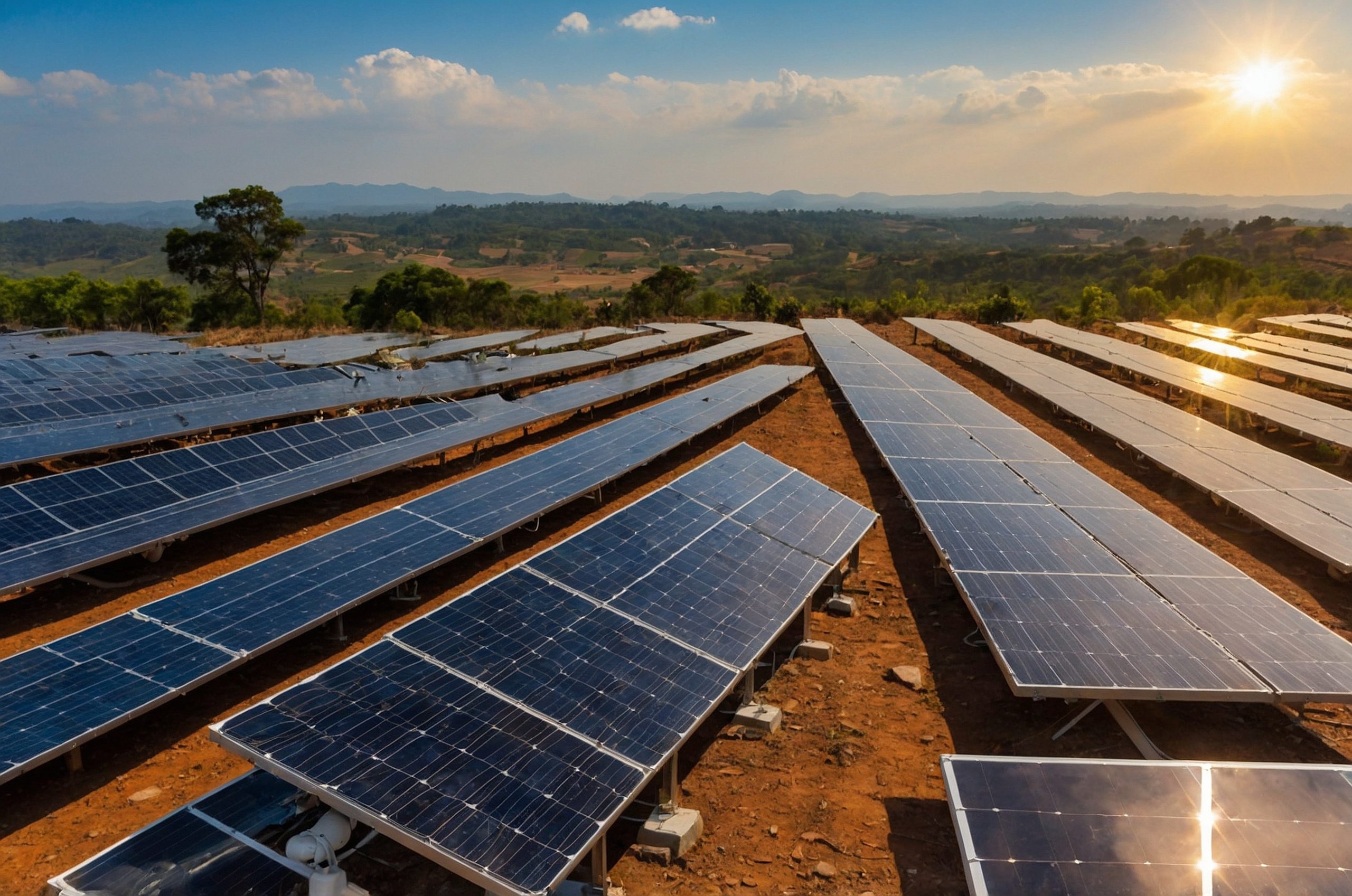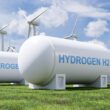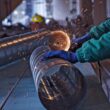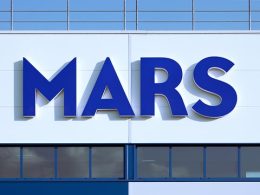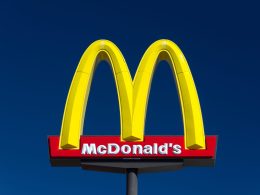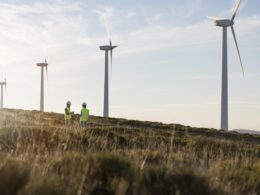Lenovo has introduced new solar panels at its in-house manufacturing facility in Budapest, Hungary, to fuel High Performance Computing (HPC) innovation. Lenovo’s Global Innovation Centre, which was inaugurated in October last year now has the capacity for customers to test HPC workloads on 100% solar energy.
This facility in Budapest was built focused around sustainability and the new solar panels bring the total solar energy capacity onsite up to 3 megawatts (MW) which is enough to power an electric car to drive 10,800 miles.
The facility now has 5,072 solar panels across two buildings, forming part of an ambitious global plan to reduce Lenovo’s Scope 2 emissions by expanding the use of solar energy worldwide, with 17MW of solar electricity currently operational, and the company investigating additional opportunities for solar installations in Brazil, Mexico, and China.
“With the focus on sustainability efforts a prominent part of the executive suite’s decision-making process, we see customers making significant shifts in their purchasing behaviour towards being more sustainable. At Lenovo, from our supply chain to our services, we offer customers significant support when it comes to helping them reach their sustainability goals. Our European customers are now able to test HPC proof of concepts in our innovation centre which can be run off 100% renewable energy. They can then have their systems manufactured in a more sustainable factory and shipped within region using more sustainable modes of transport and bulk packaging services, collectively helping to minimise freight miles and emissions.” said Stefan Brechling Larsen, Global Sustainability Services Engagement Leader at Lenovo.
He added, “Our customers can also purchase carbon offset credits to help offset the estimated CO2 emissions associated with the average lifecycle of their technology purchases by purchasing credits to support verified Climate Action Project, and with Lenovo Premier Support Plus and our Asset and Value Recovery Services, they can extend device life as well as more responsibly manage outdated technology.”















